
Japanese Muslims
warned that the latest attacks reinforced anti-Muslim stereotyping in the community. (Photo: On Islam)" width="371" height="247" /> Japanese Muslims warned that the latest attacks reinforced anti-Muslim stereotyping in the community. (Photo: On Islam)Tokyo, 14 Rabi’ul Akhir 1436/4 February 2015 (MINA) – Fear and anticipation of hate attacks have been the main feelings Japanese Muslims shared after the beheading of the second hostage by the so-called Islamic State (ISIL), expecting a backlash after the rise of anti-Muslim sentiments.
“This type of action by ISIL [Islamic State] is not a Muslim action. We don’t know who they are, what they are planning and what they are thinking,” Saeed Mughal, a representative of Islamic Circle of Japan, a group overseeing five mosques in and around Tokyo, told Wall Street Journal.
“We condemn their action and we stand with our Japanese brothers,” On Islam quoted by Mi’raj Islamic News Agency (MINA) as reporting.
Japan woke up on Sunday to the news of ISIL beheading of Japanese journalist Kenji Goto. An earlier video showed another hostage, Haruna Yukawa, meeting a similar fate.
Also Read: Afghan FM: Afghanistan Has Good Relations with All Neighbors, Except One
The beheading culminated a two-week hostage drama that disturbed Japan and prompted debate about Prime Minister Shinzo Abe’s security policy.
Moreover, it sparked hostile comments against Islam and Muslims on social media since the release of the first hostages’ video on January 20.
A right-wing group organized a rally in Tokyo last Thursday to protest against the government’s policy of relaxing immigration rules.
“If we invite workers from Muslim nations in the future, given their doctrine, we may see a clash more tragic than what they are experiencing in Europe,” a group affiliated with Zaitokukai, a high-profile national organization, said on its website.
Also Read: Indonesian Citizens Build Indonesian Mosque in Chiba, Japan
Islam began in Japan in the 1920s through the immigration of a few hundreds of Turkish Muslims from Russia following the Russian revolution.
In 1930, the number of Muslims in Japan reached about 1000 of different origins.
Another wave of migrants who boosted the Muslim population reached its peak in the 1980s, along with migrant workers from Iran, Pakistan and Bangladesh.
Japan today is home to a thriving Muslim community of about 120,000, among nearly 127 million in the world’s tenth most populated country.
Also Read: Afghan, Pakistani Armies Exchange Heavy Fire Along Border
Stereotyping
Japanese Muslims warned that the latest attacks reinforced anti-Muslim stereotyping in the community.
“The latest hostage-taking has probably reinforced the stereotype that Muslims are violent and aggressive people,” said Shigeru Shimoyama, a Japanese Muslim who serves as a spokesman for Tokyo Camii, Japan’s largest mosque in central Tokyo.
Its membership has more than doubled over the past decade.
Also Read: Malaysian PM Condemns Israel’s Detention of Gaza Humanitarian Activists
In a bid to ease tensions and clear Islam from ISIL crimes, representatives of mosques from across Japan gathered in Tokyo Sunday to discuss their response to the hostage crisis.
After the meeting, they issued a statement asking media not to call the terrorist group Islamic State (“Isuramu-koku” in Japanese), saying the word Islam in the name “breeds misunderstanding of peaceful Islam and serious prejudice against many Muslims who live in Japan.”
Expecting anti-Muslim backlash, police departments nationwide have been ordered to stay on high alert for possible harassment and attacks against Muslims and their religious facilities.
Despite of the huge growth of the Muslim community in Japan, some Muslims were still facing chilliness from some Japanese.
Also Read: Australian Activists Report Beatings and Humiliation by Israeli Forces After Gaza Flotilla Raid
“They are trying to keep distance from us when we use headscarves,” Fatmawati Djafri, an Indonesian student at Waseda University, said. (T/P011/P3)
Mi’raj Islamic News Agency (MINA)
Also Read: Over 1,200 Families Displaced by Floods in Khartoum, Sudan





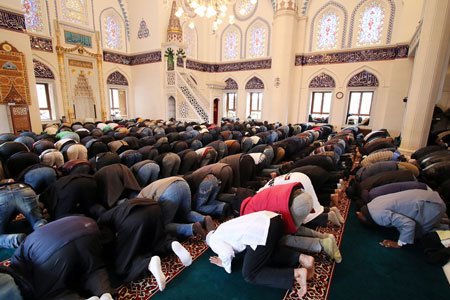


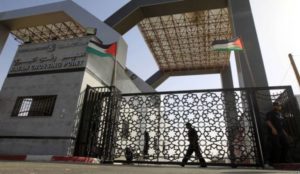
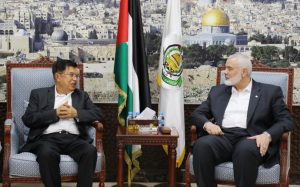
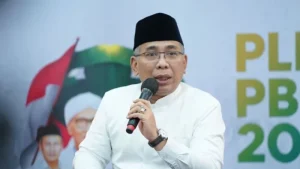
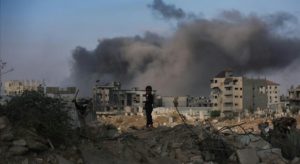



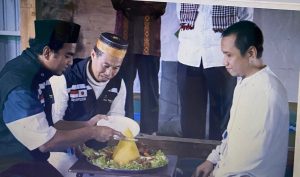
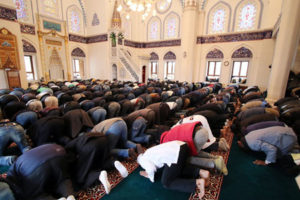



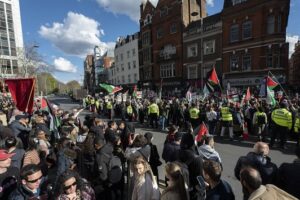



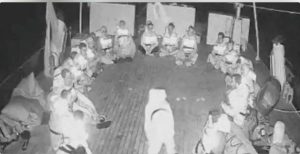


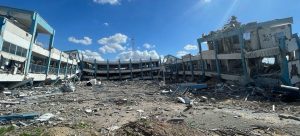
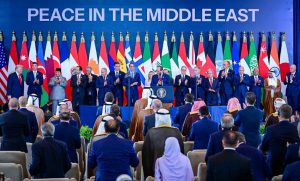
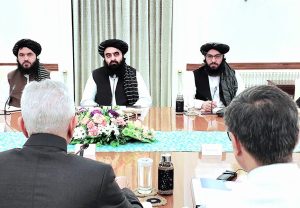
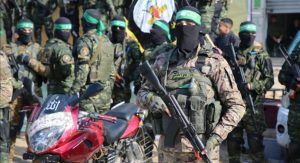



 Mina Indonesia
Mina Indonesia Mina Arabic
Mina Arabic